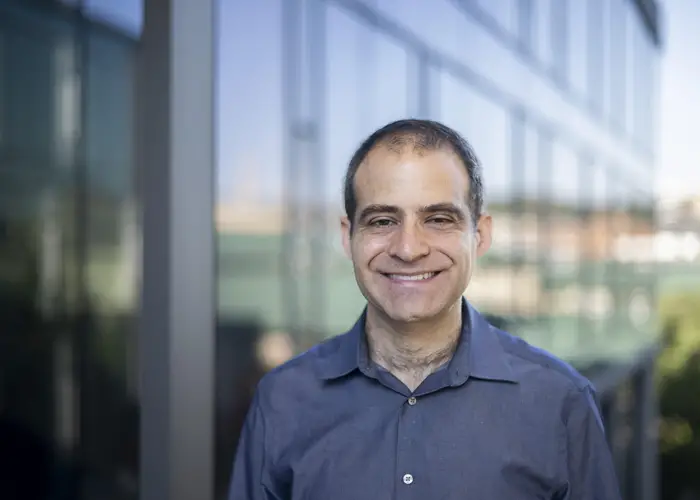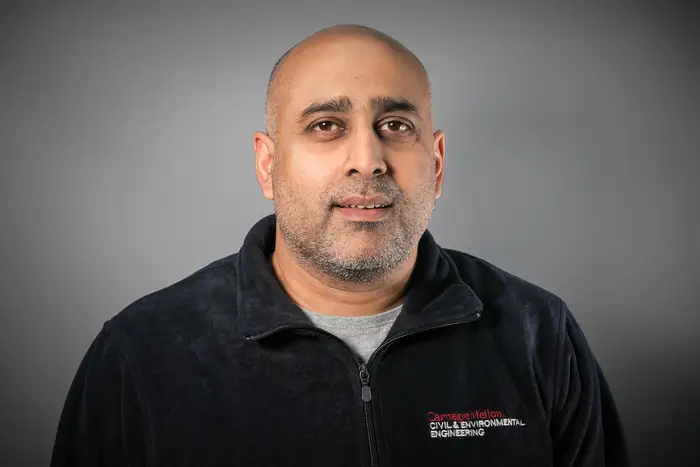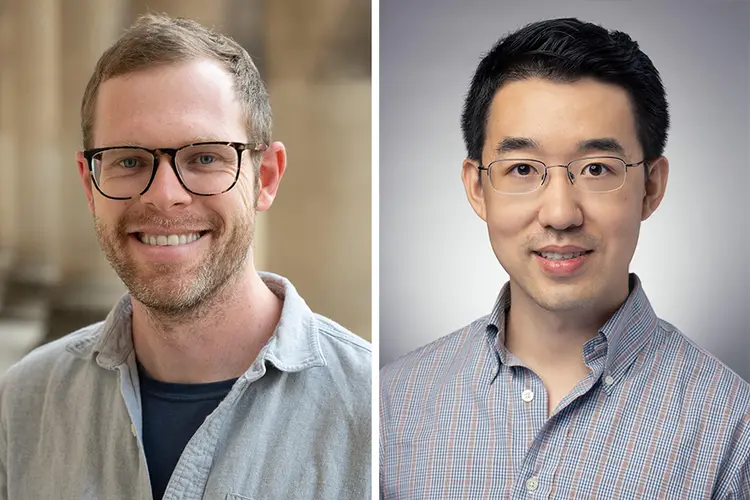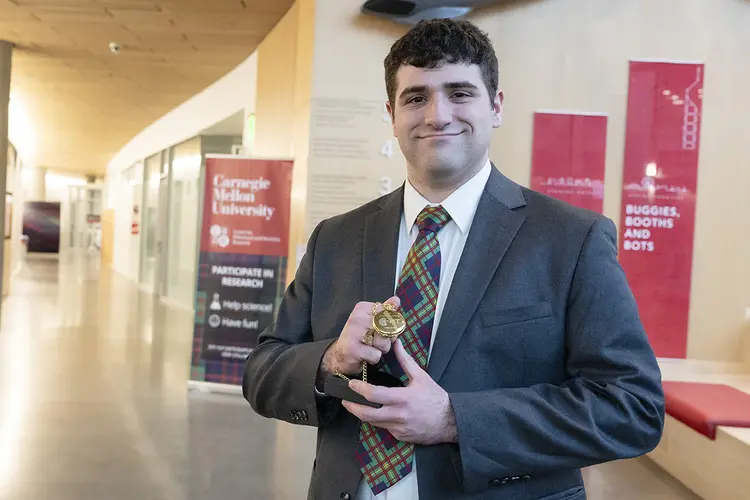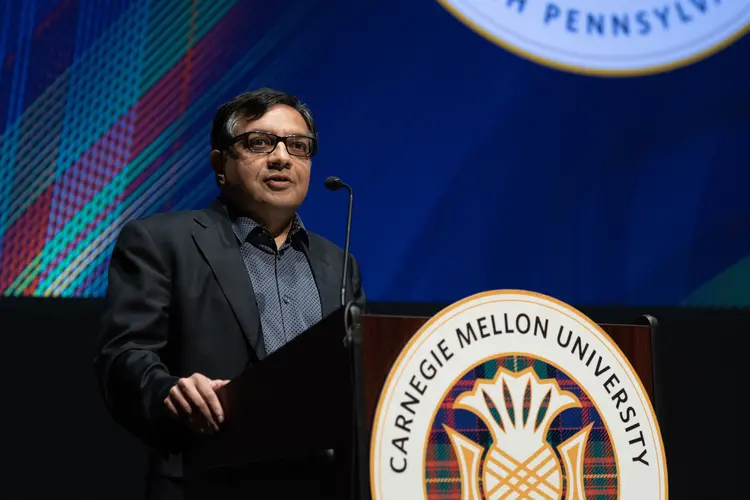Two CMU-led Projects Win Prestigious MURI Award
Media Inquiries
Carnegie Mellon University researchers will lead two teams receiving Multidisciplinary University Research Initiative(opens in new window) (MURI) funding from the Department of Defense.
“Being selected to lead two out of 30 prestigious MURI research awards speaks to the excellence of CMU's interdisciplinary research teams and their partners, as well as the depth of expertise and creativity that they bring to bear in solving the nation's complex science and engineering challenges,” said Theresa Mayer(opens in new window), vice president for research. “Through the MURI awards, CMU's researchers are poised to make immense, cross-disciplinary contributions to the advancement of cutting-edge technologies that enhance the country's most vital national security capabilities.”
Applying Human and Animal Problem-Solving to Robots
David Held(opens in new window), associate professor in the Robotics Institute(opens in new window), will lead a team of researchers across neuroscience, psychology, cognitive science, artificial intelligence, robotics and computer vision on a project that aims to help develop robots that can handle unexpected challenges.
“Robot systems today, when they encounter something they haven’t seen before, will just get stuck and not make progress,” said Held. “Humans and animals don’t work like this. When they try something and it doesn’t work, they’ll try different strategies until they find a solution. The idea behind our MURI project is to try to study how humans and animals do that and then bring some of those ideas to robots.”
The team includes researchers from the University of Massachusetts, Amherst, Massachusetts Institute of Technology, Princeton University, Stanford University and the University of Washington.
Stress-Testing Materials for Extreme Conditions
Kaushik Dayal(opens in new window), a professor of civil and environmental engineering at CMU, will lead a team of researchers on a project to improve the resilience of defense-related materials under extreme conditions. Dayal’s team will review existing research on materials in average conditions and develop data-driven models to simulate challenging ones.
Dayal said that the strength of materials used in armor, combat vehicles, munitions and more directly affect the safety of our communities.
“We know a lot about materials under average conditions,” he said. “But in extreme conditions, when a load impacts a car, for example, it can cause damage far beyond the impact site. Current ways to predict how materials behave don't take these effects into account. Going beyond current paradigms will enable the development of materials that absorb energy better, to protect passengers in cars from injury in an extreme event, for instance.”
The team includes researchers from University of Colorado Boulder, University of Chicago, Louisiana State University, and University of Pennsylvania, all with interdisciplinary backgrounds and strong track-records supporting previous DOD MURI projects. Team members have diverse areas of expertise, including nonlinear homogenization, multiscale analysis, surrogate modeling, disordered granular assemblies and networks and multi-material heterogeneous systems.
What Is the MURI Program?
Created in 1985, the highly competitive MURI program provides important funding to research teams pursuing basic research spanning multiple scientific disciplines with the goal of cultivating newly emerging technologies to address the DOD’s unique challenges. The 2024 MURI awards total $221 million and will support 30 teams(opens in new window) at 73 academic institutions across the country.
The Army Research Office, Air Force Office of Scientific Research, and Office of Naval Research solicited Fiscal Year 2024 proposals in 25 topic areas of strategic importance to the DOD. After a merit-based review of 276 white papers, a panel of experts narrowed the pool to a subset of 102 full proposals, from which the 30 final awards were selected.
Each MURI program team is made up of researchers from multiple institutions, including one primary university assigned to head group efforts. In addition to CMU’s two lead awards, the university also received one “sub-award” from the Office of Naval Research for “Algorithms Learning and Game Theory: The Foundations of Multi-Agent Systems,” led by Columbia University.
David Held
Kaushik Dayal
